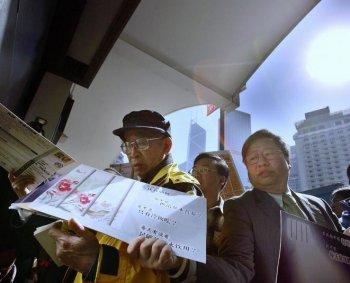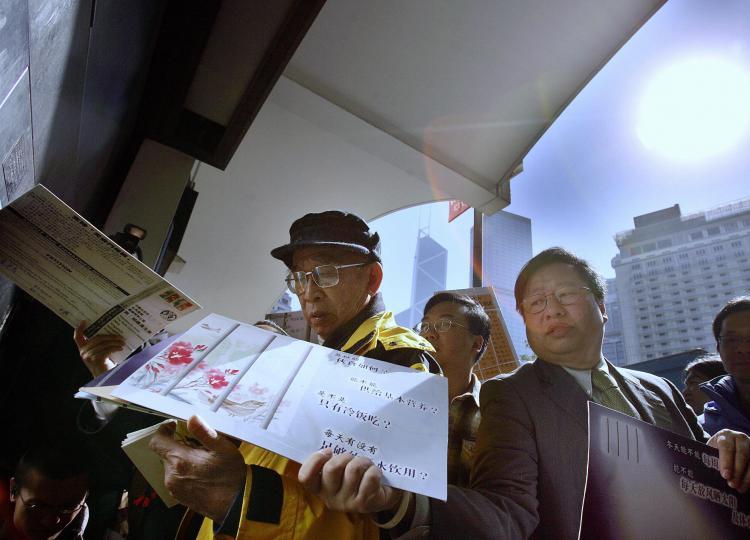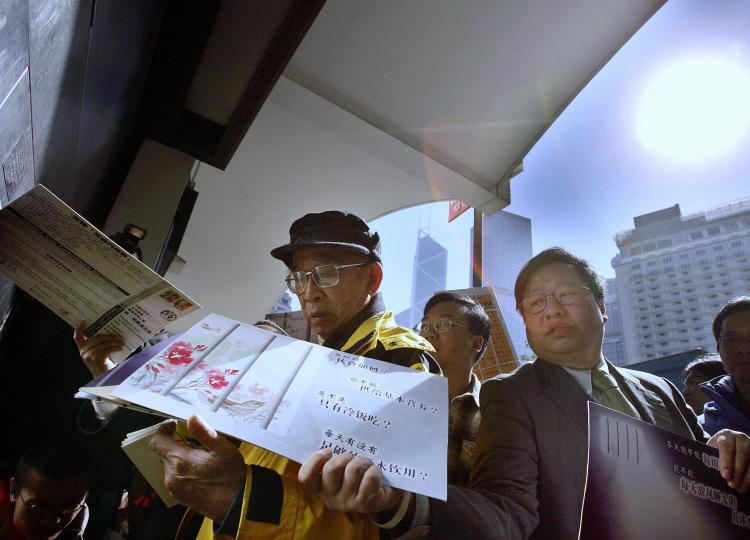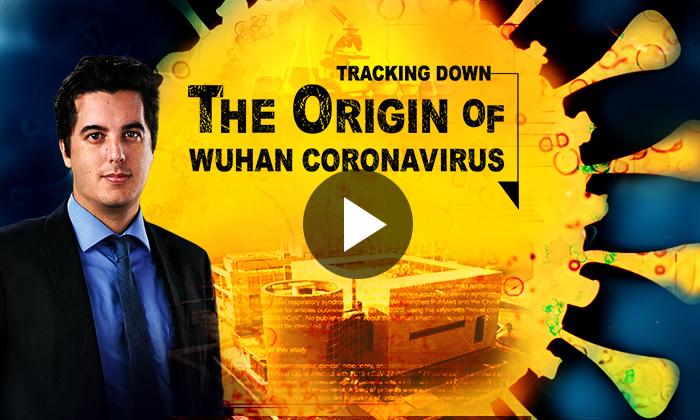In 1989 more than 1 million people in Hong Kong participated in a demonstration protesting the Tiananmen Square Massacre almost immediately after it happened. This was a spontaneous act by a free people, an assertion of their revulsion at the actions of the tyranny to the north. Each year since then, commemorative events have been staged in Hong Kong around June 4, the date of the massacre.
This year’s events were marred by Hong Kong police temporarily confiscating art work meant to be displayed in the week leading up to June 4 and restricting where the commemorative activities could take place. These attempts to interfere with the commemoration of the Tiananmen Square Massacre were driven by the political needs of a Chinese Communist Party (CCP) seeking to dominate events in Hong Kong while fearing it is losing control, according to activists and experts familiar with the situation.
Of first importance for the CCP in Hong Kong is to squelch efforts to give Hong Kong a truly democratically elected government. Hong Kong citizens have the right to vote for their own representatives, but the government is organized in such a way that the representatives elected by the people of Hong Kong are never able to control the government. Behind the scenes the CCP is able to control events.
The government of the Hong Kong Special Administrative Region (SAR) has sought since 2005 to pass through the city’s Legislative Council a Beijing-backed “reform package” that is said to provide a path to universal suffrage for the city. Democracy activists have opposed this package as false reform, which appears to change the political system while in fact assuring that the CCP will continue to control it. While the democracy activists do not have the votes to pass their own proposal for reform, they have succeeded in blocking the government’s.
The next vote for the reform package will be in 2012, and the government has been campaigning for it.
Mr. Szeto Wah, the chairman of The Hong Kong Alliance in Support of Patriotic Democratic Movements in China (the Alliance), which helped organize the June 4 commemoration in Hong Kong, sees this background as helping to explain why this year’s events were interfered with. “I believe it has to do with its recent plan to push forward government reform, and to suppress the democratic forces in Hong Kong.”
By restricting the June 4 commemoration organized by democracy activists, the Hong Kong government was seeking to reduce the profile and effectiveness of the democracy movement.
Mr. Paul Lin is a political commentator based in Taiwan. He sees the Hong Kong government as having acted in order to help preserve its viability in Hong Kong. The CCP acts in Hong Kong indirectly through the Hong Kong government and directly through its Liaison Office (the existence of a Liaison Office is a result of the “one country, two systems” that governs Hong Kong-China relations. The closest analogue to the Liaison Office would be another country’s embassy in Hong Kong).
Recently, Beijing’s communications with the democracy activists have been conducted directly by the Liaison Office, where formerly this role would have been handled by the Hong Kong government.
According to Lin, the Liaison Office has been acting like a “second administrative team,” and in doing so is threatening to replace the “first administrative team,” the SAR government.
“As a result, the SAR government has to do something to show its loyalty to Beijing, to demonstrate to Beijing that the SAR government is still useful. Obviously, the SAR government suppressed the commemoration activities in order to demonstrate its loyalty to Beijing,” Lin said.
Behind the complicated political maneuverings, lies a simple fact, according to Lin. “It looks like the CCP is very frightened.”
Mr. David Gao is chairman of the Global Quit the CCP Service Centre, which assists Chinese in and out of China in withdrawing from the CCP and its affiliated organizations. He agrees with Lin on this point.
“A most significant sign is that the people of China no longer beg the CCP for their rights. They have given up their illusions about [the] CCP. This is what [the] CCP [is] most afraid of,” Mr. Gao said.
Mr. Lin says that through observing the commemoration of the Tiananmen Square Massacre, “The Hong Kong people are telling the CCP that, do not think Hong Kong people are weak and impotent and have to obey the orders from the CCP.”
“I feel that the CCP had never been as nervous before as in this year. The CCP is sitting at the top of a volcano,” Mr. Lin said.
This year’s events were marred by Hong Kong police temporarily confiscating art work meant to be displayed in the week leading up to June 4 and restricting where the commemorative activities could take place. These attempts to interfere with the commemoration of the Tiananmen Square Massacre were driven by the political needs of a Chinese Communist Party (CCP) seeking to dominate events in Hong Kong while fearing it is losing control, according to activists and experts familiar with the situation.
Of first importance for the CCP in Hong Kong is to squelch efforts to give Hong Kong a truly democratically elected government. Hong Kong citizens have the right to vote for their own representatives, but the government is organized in such a way that the representatives elected by the people of Hong Kong are never able to control the government. Behind the scenes the CCP is able to control events.
The government of the Hong Kong Special Administrative Region (SAR) has sought since 2005 to pass through the city’s Legislative Council a Beijing-backed “reform package” that is said to provide a path to universal suffrage for the city. Democracy activists have opposed this package as false reform, which appears to change the political system while in fact assuring that the CCP will continue to control it. While the democracy activists do not have the votes to pass their own proposal for reform, they have succeeded in blocking the government’s.
The next vote for the reform package will be in 2012, and the government has been campaigning for it.
Mr. Szeto Wah, the chairman of The Hong Kong Alliance in Support of Patriotic Democratic Movements in China (the Alliance), which helped organize the June 4 commemoration in Hong Kong, sees this background as helping to explain why this year’s events were interfered with. “I believe it has to do with its recent plan to push forward government reform, and to suppress the democratic forces in Hong Kong.”
By restricting the June 4 commemoration organized by democracy activists, the Hong Kong government was seeking to reduce the profile and effectiveness of the democracy movement.
Mr. Paul Lin is a political commentator based in Taiwan. He sees the Hong Kong government as having acted in order to help preserve its viability in Hong Kong. The CCP acts in Hong Kong indirectly through the Hong Kong government and directly through its Liaison Office (the existence of a Liaison Office is a result of the “one country, two systems” that governs Hong Kong-China relations. The closest analogue to the Liaison Office would be another country’s embassy in Hong Kong).
Recently, Beijing’s communications with the democracy activists have been conducted directly by the Liaison Office, where formerly this role would have been handled by the Hong Kong government.
According to Lin, the Liaison Office has been acting like a “second administrative team,” and in doing so is threatening to replace the “first administrative team,” the SAR government.
“As a result, the SAR government has to do something to show its loyalty to Beijing, to demonstrate to Beijing that the SAR government is still useful. Obviously, the SAR government suppressed the commemoration activities in order to demonstrate its loyalty to Beijing,” Lin said.
Behind the complicated political maneuverings, lies a simple fact, according to Lin. “It looks like the CCP is very frightened.”
Mr. David Gao is chairman of the Global Quit the CCP Service Centre, which assists Chinese in and out of China in withdrawing from the CCP and its affiliated organizations. He agrees with Lin on this point.
“A most significant sign is that the people of China no longer beg the CCP for their rights. They have given up their illusions about [the] CCP. This is what [the] CCP [is] most afraid of,” Mr. Gao said.
Mr. Lin says that through observing the commemoration of the Tiananmen Square Massacre, “The Hong Kong people are telling the CCP that, do not think Hong Kong people are weak and impotent and have to obey the orders from the CCP.”
“I feel that the CCP had never been as nervous before as in this year. The CCP is sitting at the top of a volcano,” Mr. Lin said.







